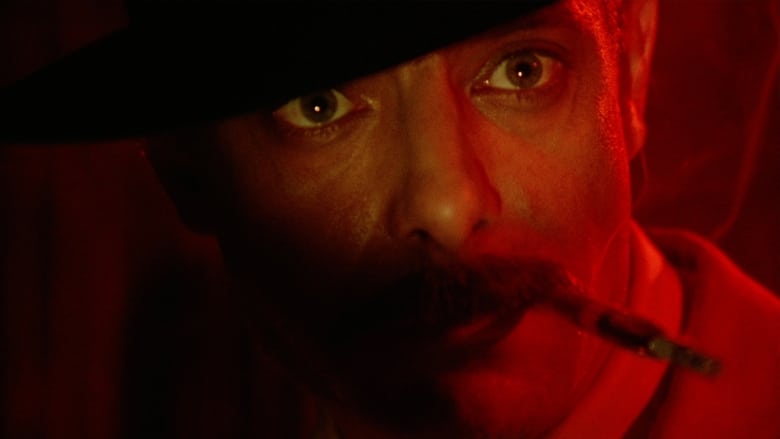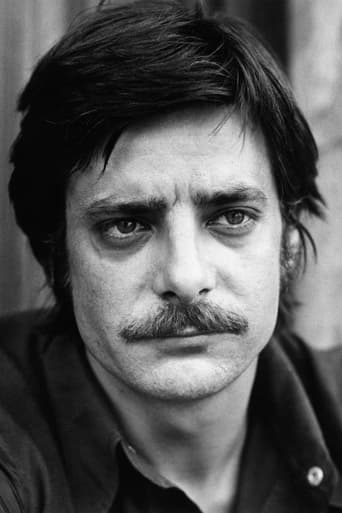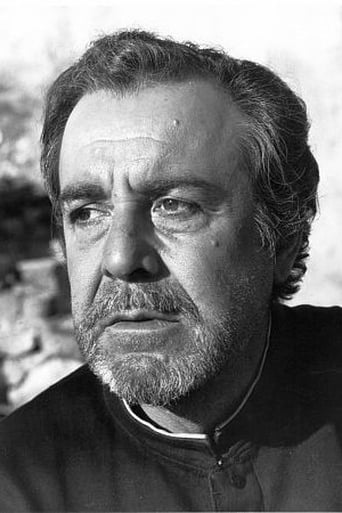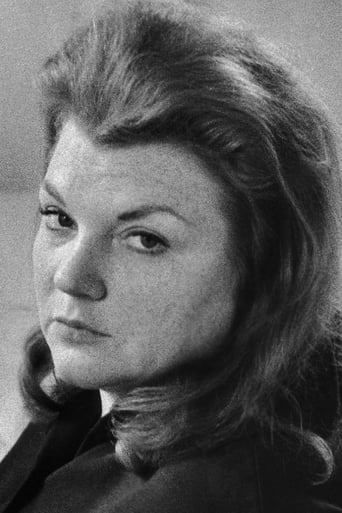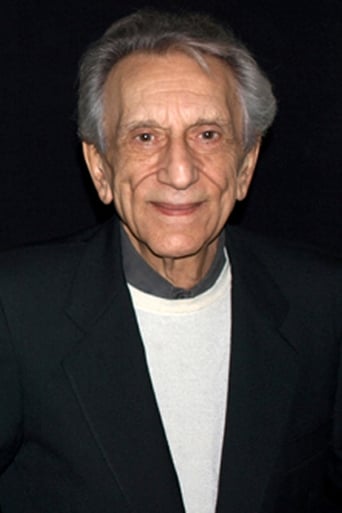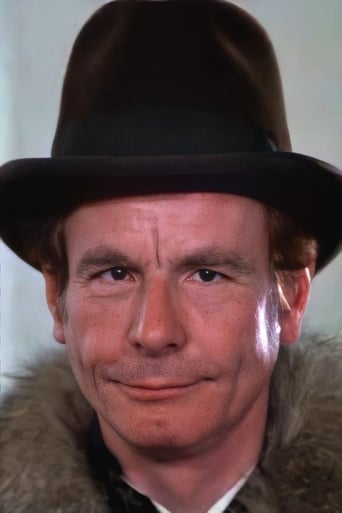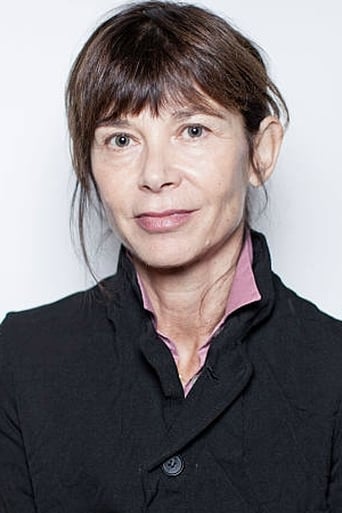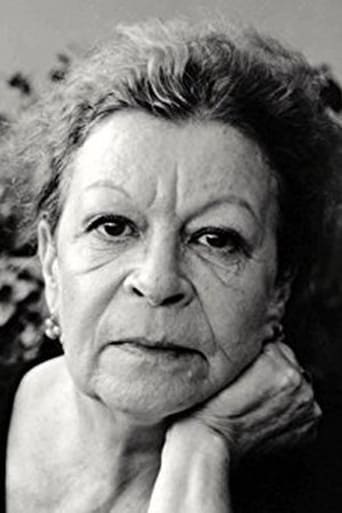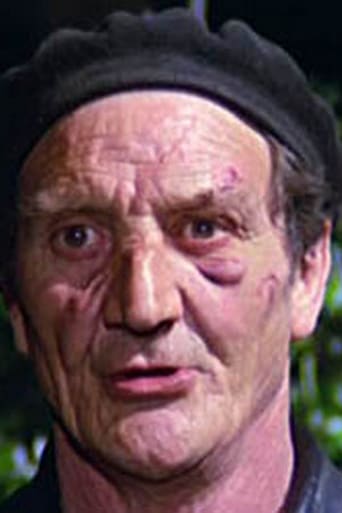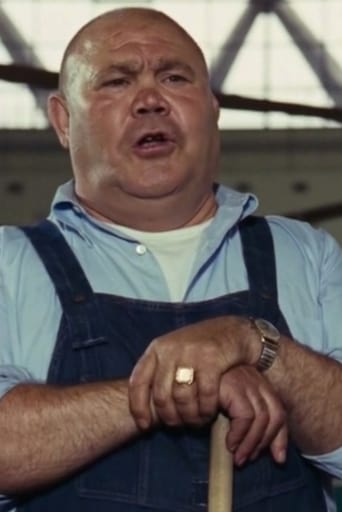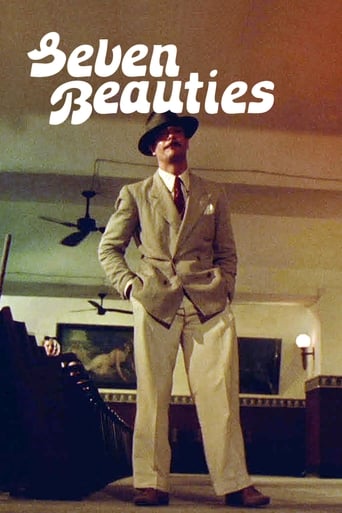
Seven Beauties
January. 26,1976 RPasqualino Frafuso, known in Naples as "Pasqualino Seven Beauties" is a petty thief who lives off of the profits of his seven sisters while claiming to protect their honor at any cost, Pasqualino is arrested for murder and later sent to fight in the army after committing sexual assault. The Germans capture him and he gets sent to a concentration camp where he plots to make his escape by seducing a German officer.
Similar titles
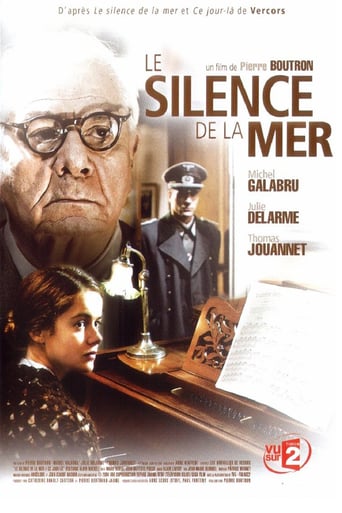

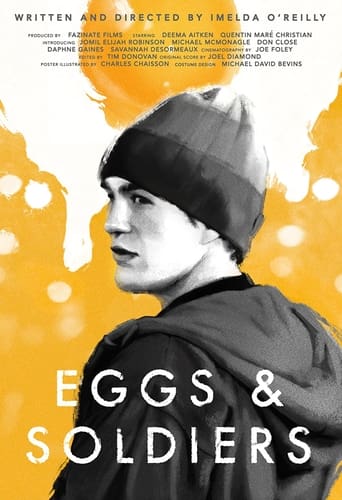
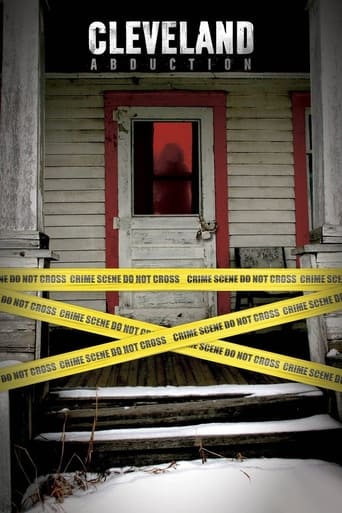
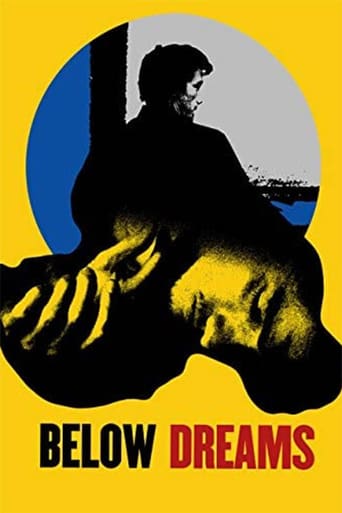


Reviews
Best movie of this year hands down!
Film Perfection
Best movie ever!
The plot isn't so bad, but the pace of storytelling is too slow which makes people bored. Certain moments are so obvious and unnecessary for the main plot. I would've fast-forwarded those moments if it was an online streaming. The ending looks like implying a sequel, not sure if this movie will get one
This film deals with idealism vs. pragmatism. The main character starts off deeply caring about his honor, then gradually gives it all up until he becomes a prostitute for the Nazis and complies in killing his friend for his own survival. Several of his peers retain their ideals, refuse to submit, and die pathetic deaths.The film seems to be admitting a harsh truth of reality: that life is ultimately about survival and that ideals and thoughts are not important beyond how they influence our actions. At some point they hold us back and we're better off abandoning them.At one point the Nazi female commander laments that the Nazis are trying to make humanity better but doomed to fail, and the snivelling rats who will do anything to survive (the main character) will continue on. This is a good point. The Nazis were idealistic too in wanting to elevate humanity.So the film isn't on the side of idealism or pragmatism. Clearly humanity is a complex combination of both; every person has some degree of fundamental ideals and some degree of flexibility and pragmatism. And there are many different ideals that are in opposition to one another.One of the idealist characters at one point mentions a possible resolution that is popular: for humans to turn into sheep. If we can only stop evolution and eliminate violence from the world, we can live happily ever after.The film is otherwise lacking in insight. It's not clear what it views as a resolution. It does seem clear that the film isn't happily embracing the world as it is, give its sombre tone.The film starts out with a montage of stock footage of Hitler and Mussolini set to cartoonish music and a voice narrating some phrases that sound like they're probably insulting. A short ways in, we see evil Nazis shooting innocent women and children in the forest. At one point, the dialogue is set up for one character to defend Mussolini and another, wiser character to rebut all of their arguments and explain why Mussolini was bad. Finally, the characters end up in a concentration camp where evil Nazis shoot innocent prisoners for no reason. Who knows what the director really believes - she isn't telling us - but the apparent heavy anti-Nazi, Nazis-are-pure-evil bias of the film is annoying.The film is otherwise fairly mediocre. Far from a masterpiece. It's an odd mixture of genres. Not very funny. The best thing about it is probably the excellent acting of the main character.
Lina Wertmüller's film Seven Beauties or as it is known in the original Italian , Pasqualino Settebelleze, made the history as the very first full-length feature film, for which a female director was nominated by the Academy for Best Directing. The movie is 35 years old, but is so beautifully and creatively made, and mixes horrifying, ugly, funny and touching so perfectly that it has not become outdated and it won't be even after 100 or more years. Wertmüller made the film that both Tarantino with Inglorious Basterds and Roberto Benigni with Life is Beautiful could only dream about. I've seen thousands of movies but I can count on one hand these that made me cry, laugh, terrified and amused at the same time. Seven Beauties is one of them. In Seven Beauties, grim and shocking scenes of war and survival in a concentration camp are intermixed with memories of the protagonist, Pasqualino, nicknamed "Seven Beauties" of the pre-war Naples, about his life as a petty thief, pimp, and a wannabe Mafioso, and a guardian of his seven ugly as hell sisters' family honor. That's where the irony of the film's title comes from. I must say that for a film with such an abundance of beautiful women in the title, Lina Wertmüller surpassed Federico Fellini who was just as mesmerized with the ugliness as he was with beauty, and often inhabited his films with the grotesque figures. I guess Wertmuller learned a lot from Fellini whom she met through Marcello Mastroianni and worked as an assistant on the set of 8 1/2 in 1962. I also think that only a woman can highlight inadequacies and unattractiveness of the other women so eloquently in Wertmüller's film. The film's protagonist, Pasqualino - weak, silly, but full of self-importance as the only male in the big family responsible for the sisters and their mother, and is ready to stand up for their dignity and honor (as he understood it) at any cost. That includes the killing rather by accident of a man who made a prostitute of Pasqualino's sister... and disposal of the corpse ( here the movie turns into a horror, mixed with the moments so funny that I could not look at the screen and turn off it at the same time. After the fast solving of messy crime and trial, Pasqualino was found mentally incompetent and sent to a psychiatric hospital for 12 years. But Italy needs soldiers, and Pasqualino escapes from a mental hospital, gets to the front, deserts, and ends up a prisoner of war in the concentration camp in Germany which is run by a formidable petrifying never parting with her whip larger than life woman-commandant. Pasqualino had two true talents - success with the ladies and an amazing ability to survive. Would they help him to survive the nightmares of concentration camp and return home to sunny Naples to his mother and seven beauties? The movie is in my opinion a masterwork. Scenes from past and present are connected smoothly and flawlessly. Wertmüller effectively uses close-ups. The script, which she also wrote - is a beauty itself. It is original, witty, gloomy, but not pessimistic, it is a political satire and it pokes on the traditional Italian machismo, it does not shy away from the tragedy of war and the price of survival. And finally, this is certainly Lina Wertmüller's movie, but she shares the success with her Muse or Musus:), Giancarlo Giannini . Giannini starred in four Lina Wertmüller's films, but Pasqualino Settebelleze, a small man with a great opinion of himself and seven ugly sisters - is his masterpiece. This is a must see.
"Seven Beauties" opens with a strange sequence. Over horrific WW2 documentary footage, a character called Pasqualino Settebellezze recites a monologue, pausing every now and then to say "oh yeah" in a rather kinky voice, whilst overly romantic jazz music more suited to a low budget porn movie plays bombastically in the background.Sex, violence and self-preservation, these are the themes this introductory sequence lays down, all of which director Lina Wertmuller will approach from various angles over the next hour and a half.The film then unfolds in non-linear fashion. We see Pasqualino and his companion bumbling through a forest. Having long deserted the Italian army, they are tired and dirty, desperate for a meal. It is then that the pair witness a massacre, the German army rounding up a crowd of Jews, ordering them to get naked and then mercilessly gunning them down. The two men then have a short debate. Was it their moral imperative to intervene? Would their intervention have been useless? Is running away morally reprehensible?As the film progresses, director Lina Wertmuller increasingly argues that running away is merely a form of prostitution, the survivor selling his/her humanity for survival. Self-interest, she says, is both human nature and a form of exploitation. Paradoxically, it is this self-interest – the need to survive – which causes atrocities and enables bloodshed to continue. Those who run, in other words, support the war machine. Are complicit in its smooth efficiency.The film then jumps back in time. Pasqualino is re-introduced to us a dashing and debonair playboy who has a gift for seducing ladies. He wears a flashy suit, is always well groomed and struts about like a womanising Don Juan. But of course Pasqualino is a fraud, always showing off in an attempt to hide his own poverty. To him, appearances are everything. As such, Pasqualino is obsessed with protecting his seven ugly sisters (the seven beauties of the title), who are so desperate for money that they whore themselves out as strippers and prostitutes. Pasqualino deplores their behaviour. How dare they dishonour the family name! How dare they take part in such filth! This section of the film is thus a sort of darkly comic, domestic fairytale, the younger brother defending his older, quite unattractive sisters, against the onslaught of disrespect posed by everybody in the village. But once Pasqualino pulls a gun on a local pimp (for insulting his sister), the film shifts gears and becomes a dark tale of survival. Pasqualino goes on the run from the law, chops a body into little pieces and engages in all manners of theft, rape and pillage, all in the name of survival. The very man who condemned others for prostituting their bodies, becomes a whore to the world, doing every despicable act required to ensure his continued existence.The last half of the film literalizes these themes further. Pasqualino is captured and placed in a German concentration camp run by an evil female camp commandant (Shirly Stoler in the role that made her famous). Trapped in the camp and fearing for his life, Pasqualino must use his skills as a womaniser to seduce this embodiment of evil. And so, in one long sequence that is as funny as it is gross, Pasqualino flirts, seduces and makes love to the camp commander. The last shreds of his dignity are instantly evaporated.The film ends with Pasqualino in Italy, offering his hand in marriage to a young woman. She agrees, at which point he promptly discusses the prospect of having babies. Pasqualino wants countless children. Why? Because only through them can he ensure his survival. And so, quite despicably, life has once again found a way.Of course on another level, one can also look at Pasqualino as Italy personified, the country selling her soul to fascism in the name of personal survival. Incidentally, with "Seven Beauties" Wertmuller also continues her trend for inserting veiled (anti?) feminist statements in her films. The piggish camp commander is a jab at the kind of man-hating "strong women" who set the agenda for female equality by demeaning and undermining others. She's no better than the patriarchal power players she despises.8.5/10 - The Italians made the best Holocaust films. Unlike the "Allied Nations", they experienced the Holocaust's horrors first hand, participated in its evils, and possessed the right mixture of blame, introspection, anger and disgust to represent the event truthfully. The Germans, swathed with guilt, couldn't even approach the topic until a good half a century later (until recently, Holocaust movies have come out of every country BUT Nazism's country of origin). Scapegoated and demonized, international pressure coupled with their own insecurities, Germany was prevented from seeing itself as anything other than one dimensional "bad guys".Note: This film was a huge influence on Italian filmmakers. Roberto Benigni's "Life is Beautiful" rips this picture off shamelessly whilst Coppola would base his "Ride of the Valkyries" sequence in "Apocalypse Now" on the "Ride of the Valkyries" sequence in this film. More interesting Holocaust films: "Korczak", "The Garden of Finzi Continis", "Border Street", "Diamonds of the Night", "Europa Europa", "Fateless", "The Last Stop", "The New Land", "Passenger", "The Pianist", "The Pawnbroker", "The Wannsee Conference", "The Shop On Main Street", "The Boat is Full".
I am truly pleased to read all these positive comments about this movie. Even though the total comments are rather few in number they are all positive, which in itself is remarkable. I saw it when it first came to the theater and have loved it ever since. The movie hit on all cylinders for me in a way that probably no movie before or since could do. (Kazan's EAST OF EDEN comes close.) This is not an easy movie to like in that it is a Totally Focused Character Study about an individual who we meet for the first time in the movie. It is not a simple Genre movie that focuses on one aspect of life (crime, war, anti-war, comedy, romance, tragedy, coming of age, sex, survival etc.). This is a one-of-a-kind Character Study that asks you to follow the life of a human being (combining all aspects of life) as it unfolds before our eyes. And as there is justification for each of his sins (and they are legion) we cannot judge him too harshly, or at all. Also, because we initially like the character we become complicit in each one of his monstrous deeds and soon there is no turning back for either him or us. We can only continue going forward together, if only to see how it all ends. Oh Yeah. Perhaps that is what the OH YEAH Beat poem at the beginning is all about. That is the final irony- how the start of the movie and the end become one. At the end of the movie (or the true beginning of his life) Pasqualino becomes the person being mocked in the Oh Yeah poem of the opening scene. I think the reason everyone seems to like this movie is that the people who would not like or understand it knew instinctively within themselves to simply stay away. Or they walked out on it as soon as they realized this was not their kind of (genre) movie. Historical Note- I heard on the History Channel on a program about Naples during WWII that fully 30 percent of the women of Naples were prostitutes during the war. ed
Top Streaming Movies











